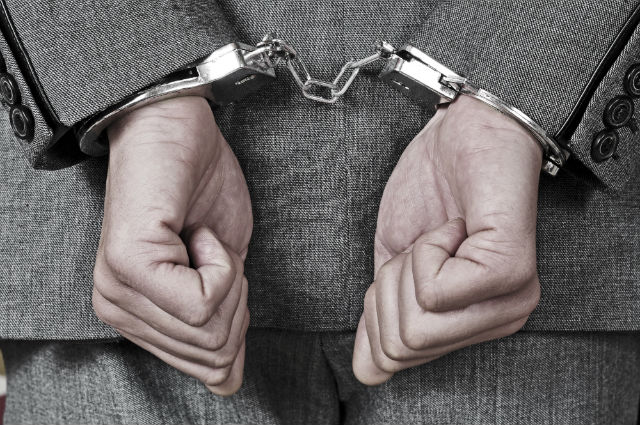This op-Ed was originally published on TheGuardian.com.
With the web of international law growing denser, companies as well as political and military leaders are becoming liable for human rights abuses
When the Rome statute of the international criminal court (ICC) was signed, Maurice Nyberg, an American lawyer who had investigated crimes against humanity in Rwanda, presciently noted that the new court could "create international criminal liability for employees, officers and directors of corporations".
Few paid attention then. The possibility that corporate executives might get tried in The Hague for aiding international war crimes or crimes against humanity seemed remote. But within a decade, business people have faced trial for offences like brokering guns to Liberia, providing chemicals to Saddam Hussein's regime in Iraq, or supplying machetes to Rwanda's notorious Interahamwe. Courts are calling to account companies with household names for financing Colombian paramilitaries, or benefiting from roads built by forced labour, or hiring security forces who have then abused human rights.
The last time businesses faced such prosecutions was when Nazi and Japanese industrialists were tried at the Nuremberg and Tokyo tribunals after the second world war. What's going on?
The answer is partly that many of the 105 countries that have ratified the Rome statute are integrating it into their domestic penal codes. Even ICC holdouts like the US and India have laws which cover similar offences and with similar jurisdictional reach. In his report last year, John Ruggie, the UN special representative on business and human rights noted that the complex interaction between UN tribunals and the ICC statute on one hand, and extension of responsibility for international crimes under domestic law on the other, is creating "an expanding web of potential corporate liability for international crimes".
Companies have begun to notice. Socially responsible companies have started mainstreaming human rights principles as part of their due diligence - particularly when they operate in areas with poor law enforcement. Even the international chamber of commerce has said: "All companies are expected to obey the law, even if it is not enforced, and to respect the principles of relevant international instruments where national law is absent."
For all of us keen to end human rights abuses in zones of conflict, that's good news. It offers the possibility of more effective protection of rights - and prosecution when abuses occur. But it also means that companies must carry out necessary due diligence to avoid assisting international crimes, or face the legal and financial costs of getting caught on the wrong side of the law.
With this in mind, International Alert and the Fafo Institute are today launching a guide and website called "Red flags: risks of liability for companies operating in high risk zones". Based on the latest research into recent case law (pdf), we set out nine "red flags", which warn companies of their liability risks if they are implicated in expelling people from their communities, using forced labour, handling assets of questionable origin, hiring abusive security providers, paying bribes, hiding the money of dictators, violating sanctions, allowing the use of company assets to commit human rights violations, or facilitating financial contributions to those who commit such crimes.
No-brainers? Perhaps. But the law is changing. Red flags are an attempt to communicate, in simple, clear terms, how certain expectations about company compliance with human rights has evolved, at least in the use of criminal laws that companies can't ignore.
It is 10 years since the signing of the Rome statute and 60 years since the universal declaration of human rights. Each year more companies endorse the millennium development goals and promote what good they do. Red flags will inform them of what harm they should avoid causing - a fitting tribute to the UDHR and the Rome statute.





























How should businesses respond to an age of conflict and uncertainty?
As 2024 began, European Commission President Ursula von der Leyen aptly summed up our deeply worrying collective moment. As she put it, speaking at the annual World Economic Forum in Switzerland, we are moving through “an era of conflict and...
26 March 2024 | Commentary
Commentary by Scott Jerbi, Senior Advisor, Policy & Outreach, IHRB